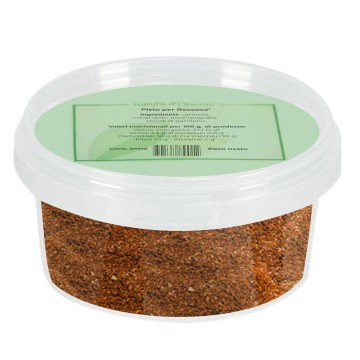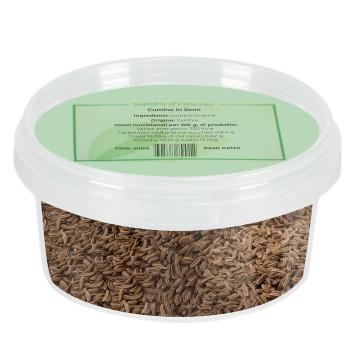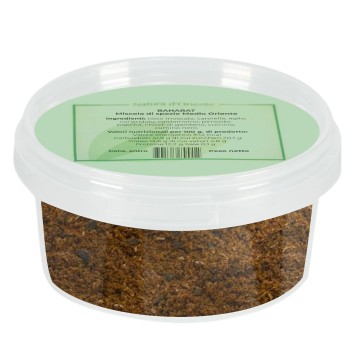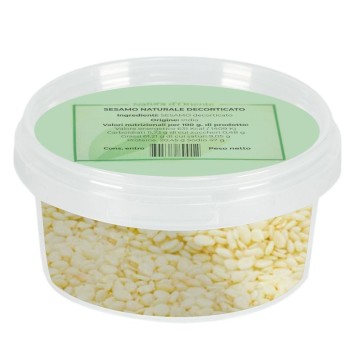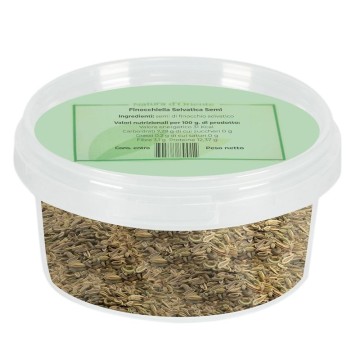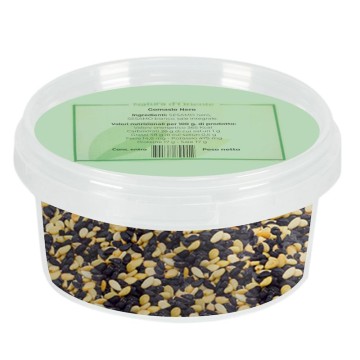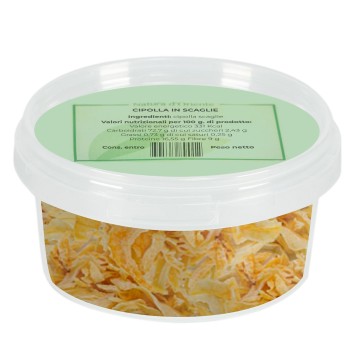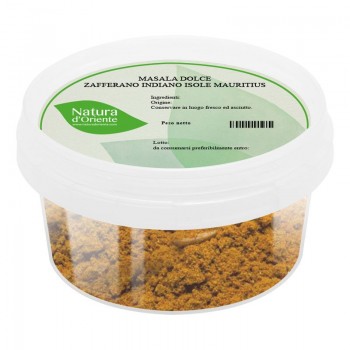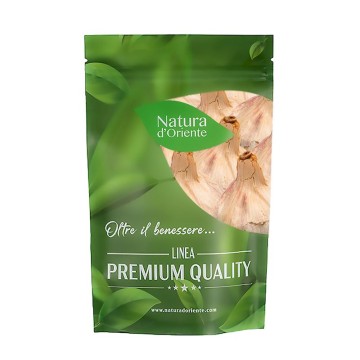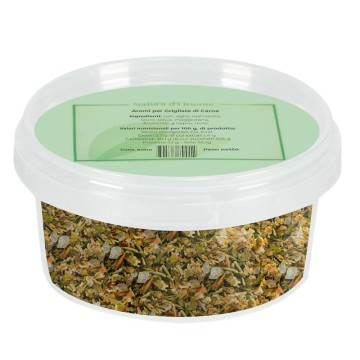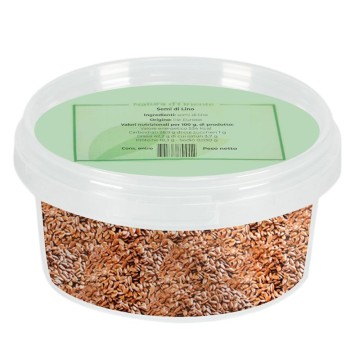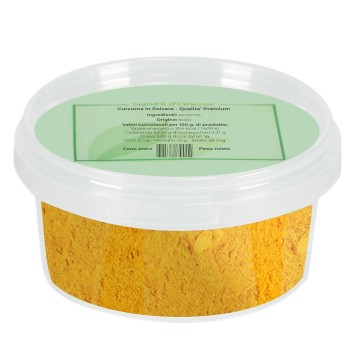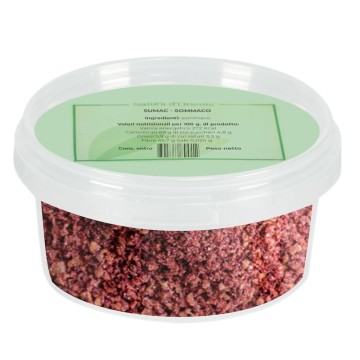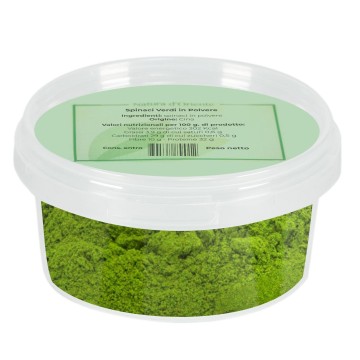Savory: properties, benefits:
Savory is an aromatic herb widely used in cooking for its digestive and antitoxic properties. An infusion of the flowering tops, before or after meals, facilitates digestion, promoting the production of bile and prevents intestinal fermentation. Always as an infusion it is also indicated in case of nervous gastric pain, diarrhea, abdominal cramps, intestinal parasites, cough. The essence has antimicrobial properties even superior to those of other Labiatae (thyme, rosemary, lavender). It can act as a sort of thyrsus at an etheric level, stimulating the biliary pole of the individual. The liver is linked to strength, courage, impetuosity, anger, and the ability to produce and accumulate energy.
Origins and historical notes:
Already in ancient Rome, savory was often chosen as an ingredient to flavor food: the Romans loved the spicy flavor of this plant so much, similar to that of thyme but more intense and bitter, that they used it in every dish and especially with meat and legumes. Since ancient times, savory has been attributed with aphrodisiac properties: the Greeks dedicated it to Dionysus, capable of making men and women lose their inhibitions so they could launch into wild and liberating dances. These precedents meant that medieval monks were forbidden to grow and consume the plant.
During the Renaissance it was called 'poor man's sauce', and was recommended by the doctor Pietro d'Argellata, in the form of a decoction in wine, to treat mouth ulcers. Today savory is also widespread in central-northern Europe and western Asia, and is part of many herbal mixtures: for example, it is part of the composition of Provençal herbs and that of the German aromatic bundle, which mixes it with celery, parsley and dill. Here it is then in the Georgian khmeli-smeli - also including marjoram, dill, basil, possibly parsley, mint and coriander leaves - and in a Bulgarian mix, where it keeps worthy company with paprika, savory, basil, lovage and garlic.
Many cuisines prefer to use anchovy herb (as savory is also called) to season vegetables and especially legumes. The intense and aromatic taste of savory, slightly pungent, also goes wonderfully with cabbage, courgettes, potatoes, mushrooms, tomatoes and many other vegetables. It is not advisable to cook it for a long time, better to add it at the end of cooking. Modern phytotherapy has confirmed many uses attributed to savory by folk medicine, which extolled its antiseptic and intellectual stimulating properties. The herbal tea can be used to gargle against a sore throat, rubbing a leaf on insect bites is useful to relieve discomfort and swelling.

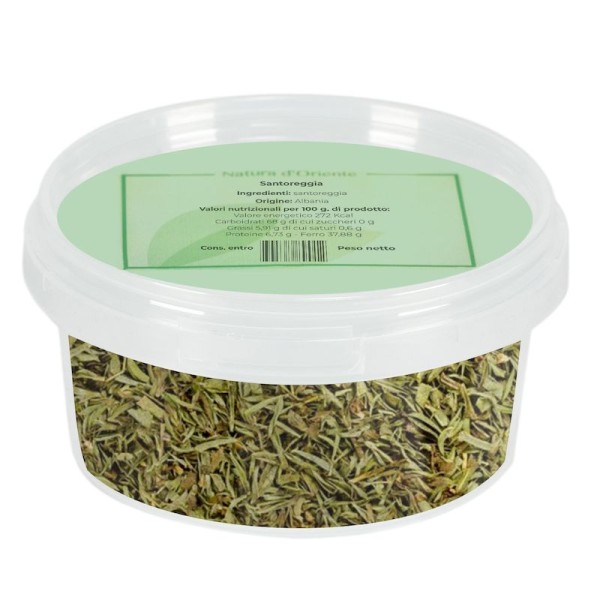







 No reward points for this product.
No reward points for this product.
